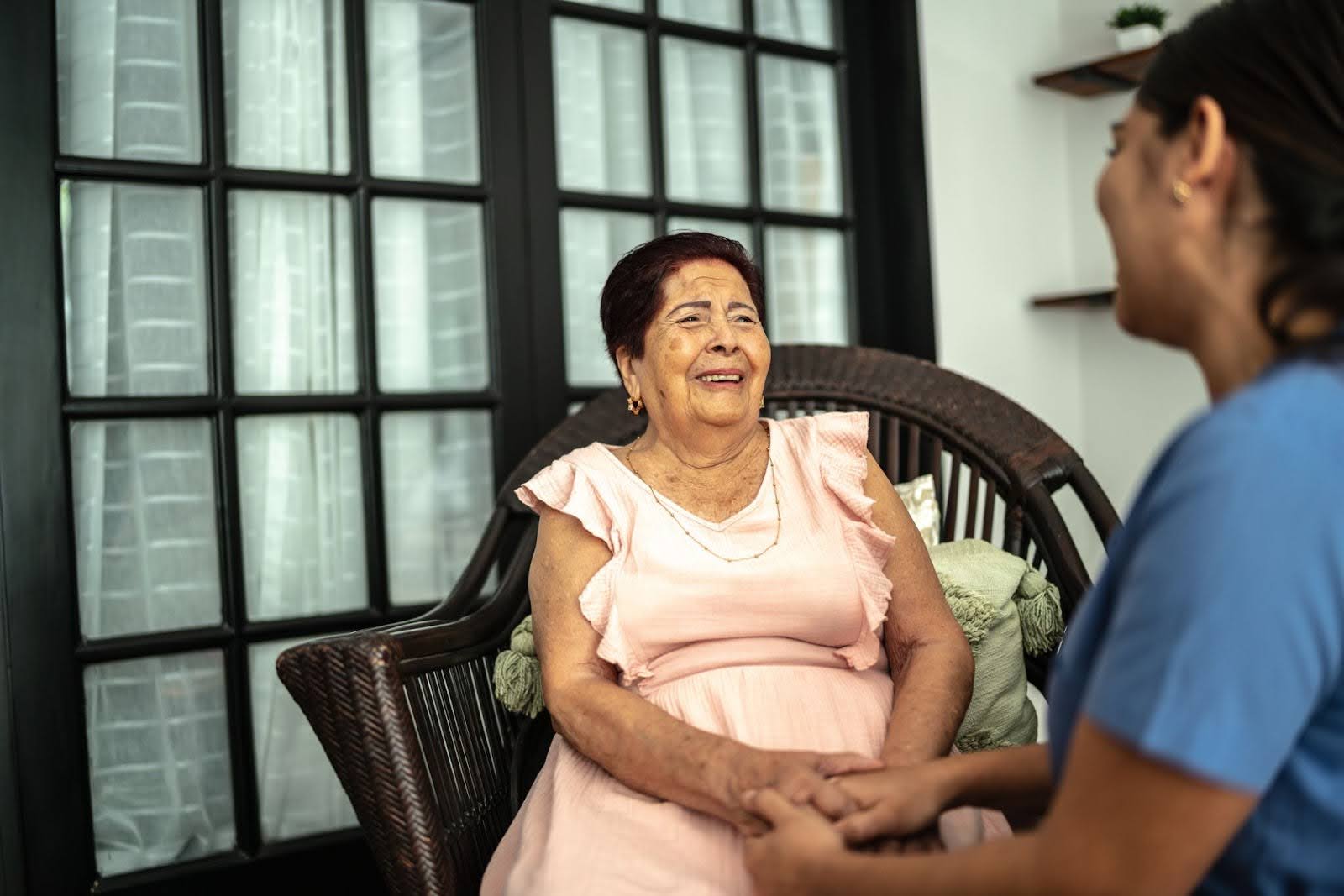18 June 2025
Hospice Care for Dementia Patients: What Families Need to Know
Dementia is a progressive, terminal condition that profoundly affects not only the individuals diagnosed but also their families and caregivers. As the disease advances, decisions about long-term care become increasingly complex. One essential yet often misunderstood option is hospice care. At Unified Care Hospice, we believe in providing families with the knowledge and support they need to make compassionate, informed choices.
Understanding Dementia and Its Progression
Dementia, including Alzheimer’s disease and related conditions, is characterized by a gradual decline in cognitive function. Over time, individuals may lose the ability to communicate, recognize loved ones, or manage daily tasks. As the disease enters its final stages, the focus often shifts from curative treatment to comfort and quality of life.
Hospice care becomes a critical resource when dementia patients experience significant decline and are expected to live six months or less, based on a physician's clinical judgment. Families are often unsure when that time arrives, which is why understanding the signs is key.
Signs a Dementia Patient May Be Ready for Hospice
Unified Care Hospice helps families recognize when hospice may be appropriate. Common indicators include:
- •Inability to speak more than a few words
- •Difficulty walking or sitting up without assistance
- •Incontinence and loss of mobility
- •Inability to perform daily activities independently
- •Significant weight loss and difficulty swallowing
- •Recurring infections, such as pneumonia or sepsis
The Role of Hospice in Dementia Care
Hospice care focuses on comfort, dignity, and symptom management. For dementia patients, this includes addressing pain, agitation, anxiety, and other distressing symptoms. Unified Care Hospice offers a multidisciplinary approach:
- •Medical support: Physicians and nurses provide specialized care tailored to the patient’s evolving needs.
- •Emotional and spiritual support: Counselors and chaplains offer comfort to both the patient and their family.
- •Personal care assistance: Certified aides help with bathing, grooming, and maintaining physical comfort.
- •Caregiver respite: Families can receive temporary relief while ensuring their loved one remains well cared for.
Empowering Families with Knowledge and Compassion
Navigating the final stage of dementia is never easy. At Unified Care Hospice, we partner with families to offer education, guidance, and compassionate care at every step. Our team is available to answer questions, evaluate eligibility for services, and provide the emotional support necessary during such a difficult time.
We also offer bereavement support after a loved one passes, recognizing that grief doesn’t end with death. This holistic approach helps families find peace and healing in the face of loss.
When to Reach Out
It’s never too early to have a conversation about hospice. If your loved one is living with advanced dementia, speak with your healthcare provider or contact Unified Care Hospice for an assessment. Understanding your options now can bring peace of mind and ensure your loved one receives the compassionate care they deserve.
Hospice is not about giving up. It’s about ensuring every moment is as comfortable, dignified, and meaningful as possible—for your loved one and for your family.




